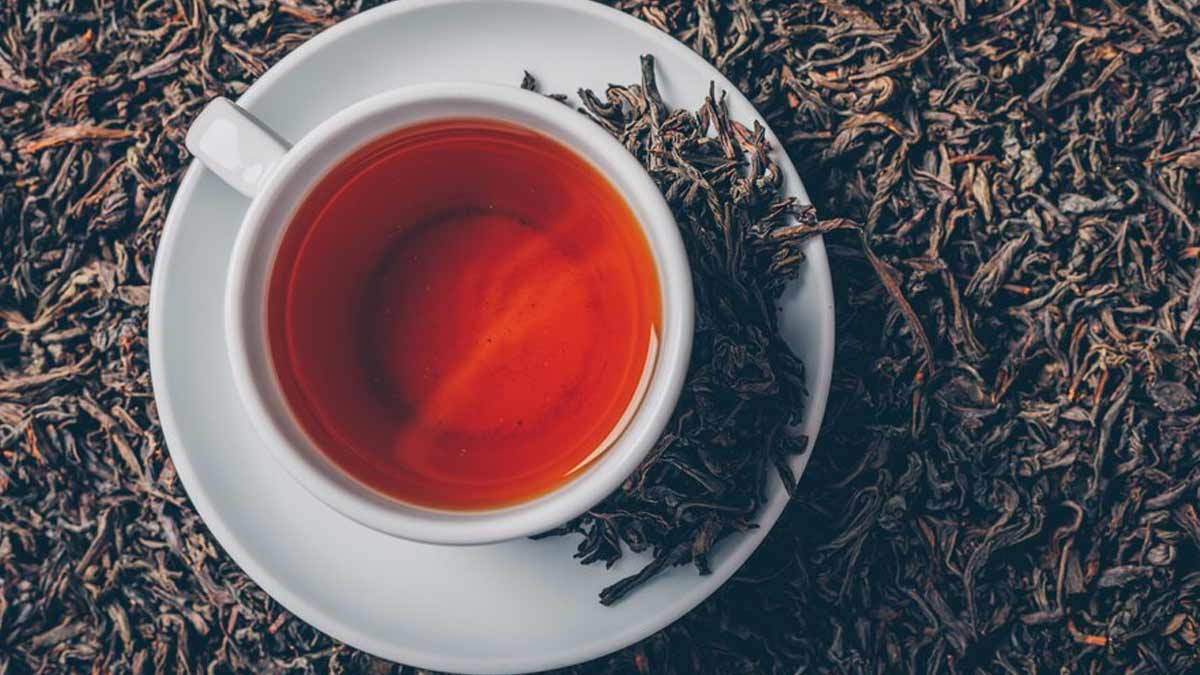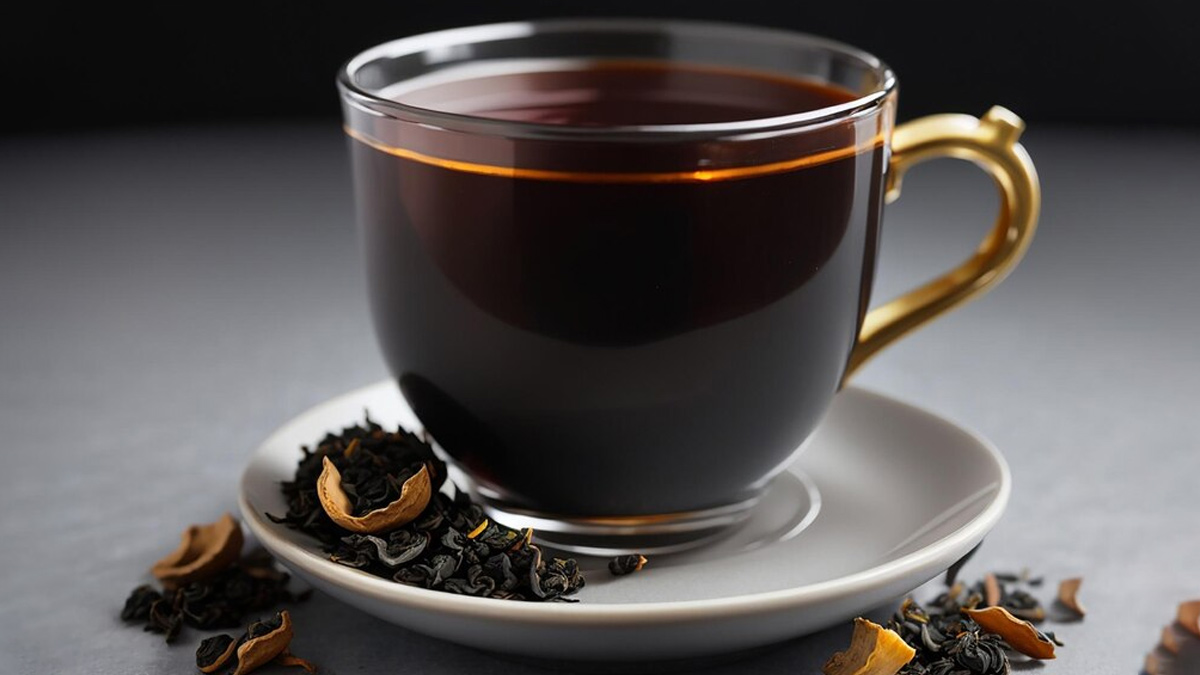
COVID-19 has made us more aware of the importance of hygiene and finding ways to reduce the spread of the virus. Since the pandemic started in 2020, and multiple strains and waves of COVID-19 later, the medical community has suggested numerous ways to reduce the spread of coronavirus.
Table of Content:-
Similarly, with a new ‘FLiRT’ variant of COVID-19 spreading in the United States, a new study has brought to light another remedy against COVID-19. The study published in Food and Environmental Virology explores the potential of tea to inactivate infectious SARS-CoV-2 in saliva. Here’s a breakdown of the findings of this study which explains how tea can be a helpful tool in our fight against COVID-19.

Study Findings
The study focused on how SARS-CoV-2, the virus that causes COVID-19, can infect the oral mucosa (the mouth lining) and be present in saliva. Traditionally, tea has been used in different cultures to treat respiratory issues. The researchers wanted to see if certain teas could quickly deactivate the virus in saliva.
The researchers tested 24 different types of tea. They prepared these teas as infusions and mixed them with SARS-CoV-2 in water. Then they incubated the mixtures for a short time at body temperature (37°C) to simulate conditions in the mouth.
Black Tea Works Best Against COVID
They found that black tea when prepared at a certain concentration (10 mg/mL infusion), showed the highest reduction in infectious SARS-CoV-2 within just 10 seconds. Other teas also showed significant reductions in virus infectivity within the same timeframe. These were:
- Green tea
- Mint medley
- Eucalyptus-mint
- Raspberry zinger
Additionally, the researchers conducted tests to see when the teas were most effective in preventing SARS-CoV-2 infection. They found that adding the teas at the time of virus infection showed the highest inhibitory effect.
Also Read: Reports Claim New COVID Variant ‘FLiRT’ Can Escape Immune Defense: Can Vaccines Stop This Variant?

Tea Polyphenols Reduce COVID Viral Load
The research found what helps tea work against COVID is its polyphenol content. They found that the level of polyphenols in tea was linked to how much the virus was reduced. This suggests that certain compounds in tea may play a role in deactivating SARS-CoV-2. Some other health benefits of polyphenols as mentioned in the Journal of Food Biochemistry are:
- Antioxidant Properties: Polyphenols are potent antioxidants that help neutralise harmful free radicals in the body, which are linked to ageing, inflammation, and diseases including cancer and heart disease.
- Heart Health: Polyphenols can improve blood vessel function, reduce inflammation in the arteries, lower blood pressure, and decrease the risk of heart disease and stroke.
- Anti-Inflammatory Effects: Many polyphenols reduce inflammation throughout the body linked to a range of health issues, including arthritis, diabetes, and neurodegenerative diseases.
- Cancer Prevention: Some polyphenols may inhibit the growth of cancer cells, promote programmed cell death in cancer cells, and prevent the formation of tumours.
- Brain Health: Certain polyphenols can support brain function, improve cognitive performance, and reduce the risk of neurodegenerative diseases like Alzheimer's and Parkinson's disease.
- Blood Sugar Regulation: Polyphenols may help regulate blood sugar levels and improve insulin sensitivity.
- Skin Health: Polyphenols protect against UV damage, promote collagen production, reduce inflammation in the skin, and may help prevent premature ageing and skin conditions like acne and eczema.
- Digestive Health: Some polyphenols have prebiotic effects which improve digestion, boost immune function, and reduce the risk of gastrointestinal issues such as irritable bowel syndrome and inflammatory bowel disease.
Also Read: Long COVID Can Lower Your IQ, Finds Study: Here's How Long COVID Can Damage The Brain
These findings suggest that certain teas, especially black tea, have the potential to reduce the infectious load of SARS-CoV-2 in the oral cavity. This could also help in protecting the oral mucosa from infection. While more research is needed to fully understand the effectiveness of tea in combating COVID-19, this study provides promising insights. Tea drinking or gargling with certain teas could potentially reduce the presence of the virus in the mouth, offering a simple and accessible at-home intervention. However, it's important to continue following official guidelines for preventing COVID-19 transmission, including vaccination, mask-wearing, and practising good hygiene.
Also watch this video
How we keep this article up to date:
We work with experts and keep a close eye on the latest in health and wellness. Whenever there is a new research or helpful information, we update our articles with accurate and useful advice.
Current Version
